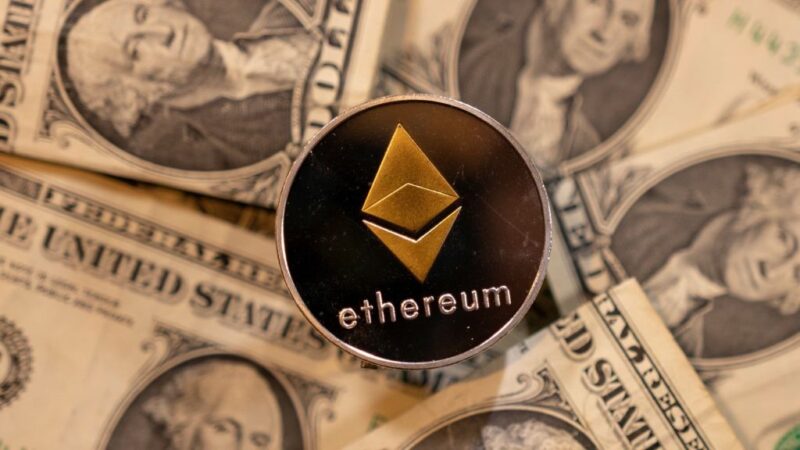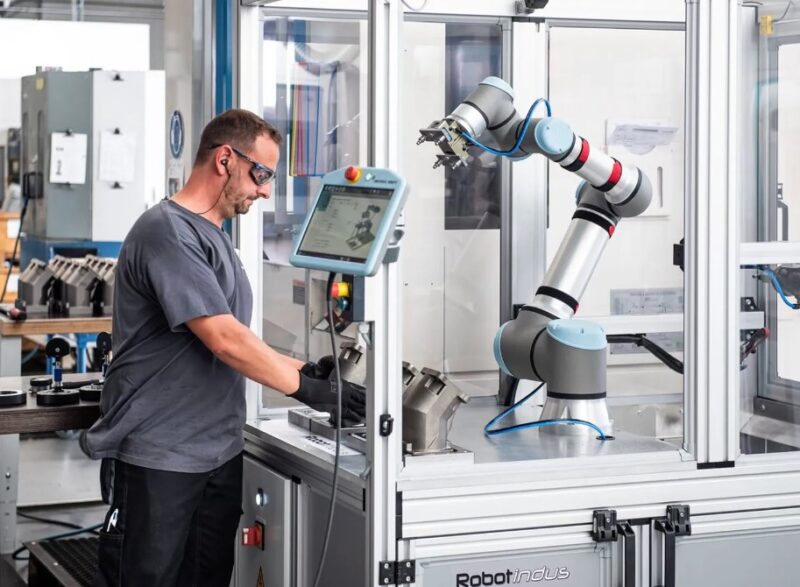Technology has created a ripple effect, an impact that we, as the users, feel daily. Its evolution and the increased internet penetration have made digitization for businesses a necessity. In turn, digitization has led to the availability of a lot of information about these businesses on the web, some of which can significantly benefit other companies.
The availability of such information has brought about the growth of data analysis. Consequently, developers have come up with data collection tools to ease data extraction and subsequent evaluation to determine trends. Two of the tools that have aided data extraction from websites are scraping APIs and web scraping applications.
While in some circles, web scraping tools and scraping APIs may be considered similar with regards to what they achieve, in principle and functionality, they’re different.
Web Scraping

Web scraping is the process of extracting data from websites. In most cases, web scraping – also known as web harvesting or web data extraction – aims to retrieve specific information from multiple websites.
For instance, you may be looking for data on how your competitors have priced their products. All you need to retrieve such information are web scraping tools. These tools – packaged as applications/software – convert the data into a structured and user-friendly format before storing them in a spreadsheet or CSV file.
For web scraping, you can choose proxy servers either already built web scraping tools. If you want to know more information, we suggest you read Oxylabs’ Scraping API article about what to choose: proxies or specific tools for data gathering.
Using API
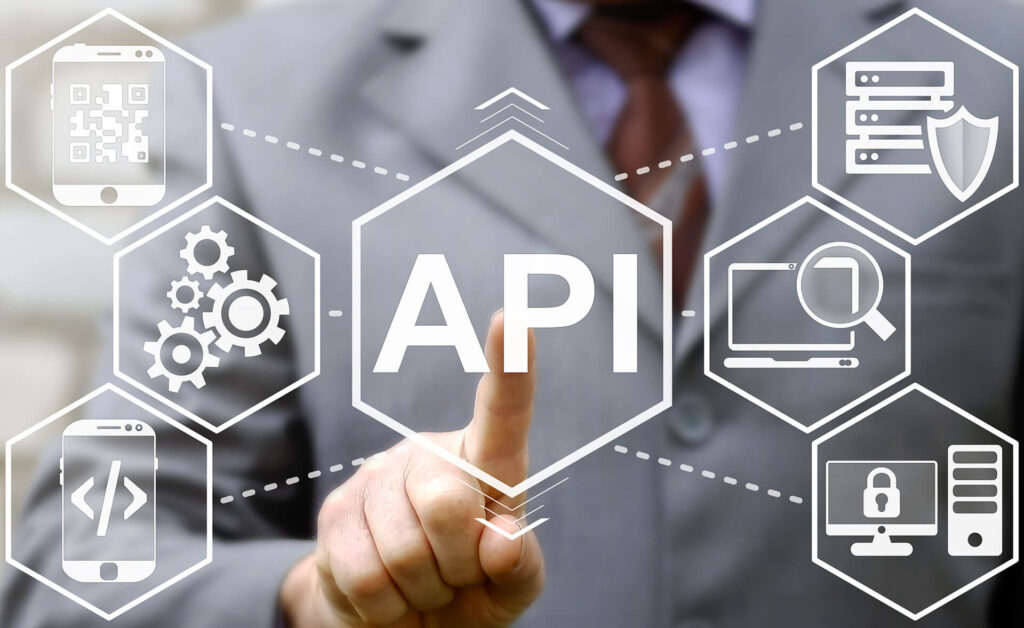
Alternatively, if you happen to have a programming background, you could use scraping APIs to retrieve the data you require. APIs, Application Programming Interfaces for short, are tools that act as intermediaries, thereby enabling two websites or even software to communicate.
Some websites, e.g., Facebook, YouTube, and Twitter, usually store information in APIs, and they regularly update the info whenever new users access or join the platform. Thus, retrieving such information entails querying the website’s API using a scraping API. As you can see by clicking the links, programming knowledge is a prerequisite.
Notably, the communication between the website (or the website API) and the scraping API is structured. Why? Because APIs consist of rules that define the data format used, what request you can make, and how you can make the request.
In this regard, you can query a website using a specified syntax – most scraping APIs use JSON (JavaScript Object Notation) – and the website will then send the data in the specified syntax. However, this data is usually raw and cannot be used as-is. This calls for conversion, a process that isn’t automated. To this effect, the developer has to convert the data and subsequently store it in a CSV file or spreadsheet.
Web Scraping Tools vs. API scraping
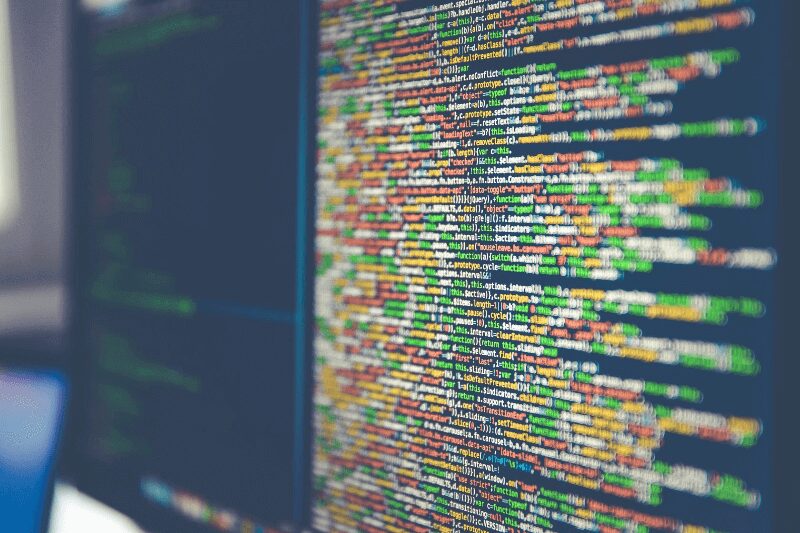
The convenience that web scraping software provides its users is unmatched. Moreover, the fact that scraping APIs require the user to have programming knowledge makes the software all the more appealing. Web scraping software/tools are plug and play while APIs aren’t.
This plug and play capability means that, if yours is a small business, you’ll not have to deploy additional resources to recruit new employees with programming knowledge. Instead, you’ll use this money elsewhere, perhaps in marketing campaigns that utilize the information extracted through the web scraping tools.
Similarities

All in all, both web scraping software and scraping API can provide new customer insight – information that was previously unseen or data about new customers. Also, with either of these options, you can harness emails, which you can then use in email marketing and lead generation.
As if that’s not enough, through the use of either web scraping software or scraping API, you can gain crucial market intelligence on the behavior of potential customers or even competitors. This marketing intelligence could shed light into:
- Your brand’s or product’s popularity
- Your reputation
- Pricing information and analysis
- Competition
- Upcoming events where you could showcase your products
- The success of marketing campaigns
- The options are endless, and the exposure is limitless.
Differences
Granted, both web scraping software and scraping APIs can achieve these tasks. But because they function differently, the volume of data that each of them provides is very different.
With web scraping software, you can retrieve data – specific or otherwise – from multiple websites. However, with scraping API, you can only focus on a single website. And, you can only obtain a specific set of data. To top it off, the data you’ll receive will always be raw. A competitor using web scraping software will always be a mile ahead of you if you were to start web harvesting simultaneously.
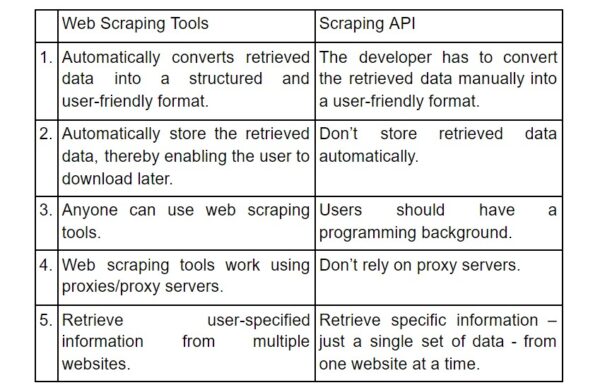
Final words
Choosing between web scraping vs. using API depends on your needs. Both methods have the same goal – to access the required data. However, web scraping is a suitable choice for gathering vast amounts of data from different resources. Also, web scraping tools are much easier to use because they usually do not require specific coding knowledge rather than APIs. Using API is a perfect fit when you need to extract data from the same website all the time.
Related Posts:
- NBA Live Vs. NBA 2K23: Which is Better?
- Which Is Better for You - Options or Stock Trading?
- Cactus Or Succulent - Which One Is Better For Your…
- Red Dead Redemption 2 vs. GTA 5: Which one is better?
- 8 Ways Web Design Affects Your Bounce Rate - 2024 Guide
- 5 Ways Web Design Impacts Content Marketing - 2024 Guide


